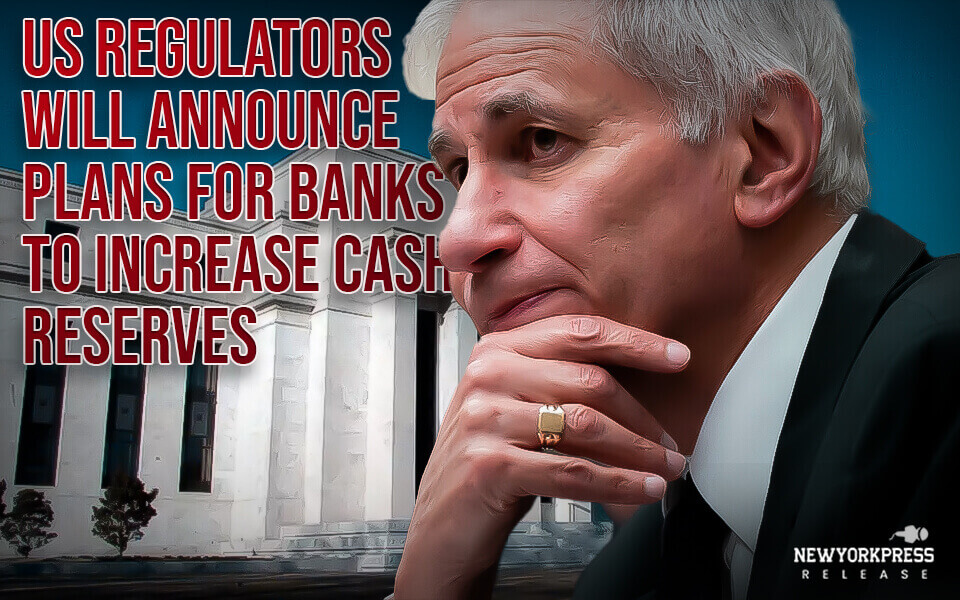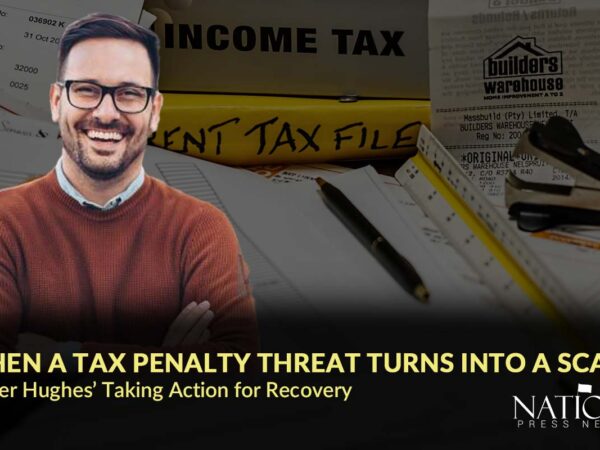U.S. Department of Justice Decides to Dismiss Campaign Finance Charge Against FTX CEO SBF
U.S. Department of Justice (DoJ) intends to withdraw the campaign funding case against Sam Bankman-Fried “SBF,” the discredited founder and former CEO of the insolvent crypto exchange FTX, according to the most recent court filing.
The DoJ stated that it does “not intend to proceed” with the aforementioned charge against SBF in a letter to Judge Lewis Kaplan of the District Court for the Southern District of New York. They decided whether or not to add this particular accusation in the extradition request last year after conferring with the Bahamas.
The court has permitted to drop the charges
At first, the Department intended to accuse SBF of campaign funding violations. However, SBF’s legal representative argued in court that, in accordance with the terms of its extradition agreement with the United States, the Bahamas, which had initially detained the former FTX CEO, was required to admit guilt on those charges.
The DOJ’s letter reads,
“The Government has been informed that The Bahamas notified the United States earlier today that The Bahamas did not intend to extradite the defendant on the campaign contributions count. Accordingly, in keeping with its treaty obligations to The Bahamas, the Government does not intend to proceed to trial on the campaign contributions count.”
The court has established a deadline for both arguing parties to submit written arguments on the subject. Additionally, a temporary gag order issued by the court forbids SBF from speaking publicly.
On October 2, Sam Bankman-Fried will stand trial.
Numerous alleged criminal activities like Campaign financing practices of the bankrupt cryptocurrency exchange have been highly debated. $41.6 million of the $70 million that FTX donated to political campaigns went to support Democratic causes.Republican organizations, on the other hand, received close to $20 million in donations.
SBF’s bail was recently withdrawn at the request of the prosecution, who claimed that he threatened Caroline Ellison, the former CEO of Alameda Research, and tried to publicly destroy her by disclosing her private diaries to The New York Times.







